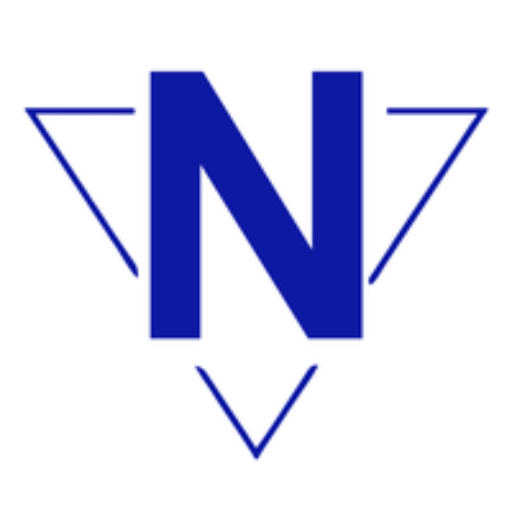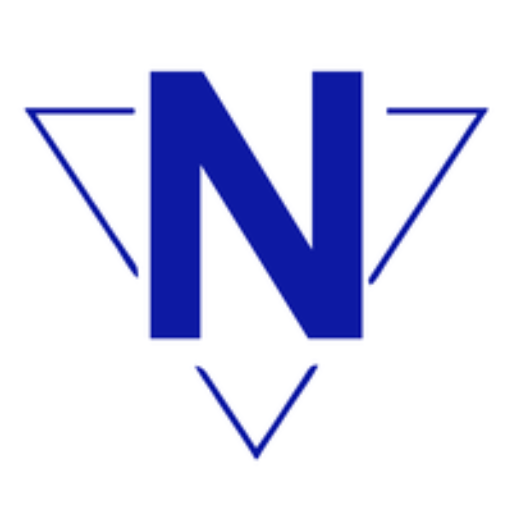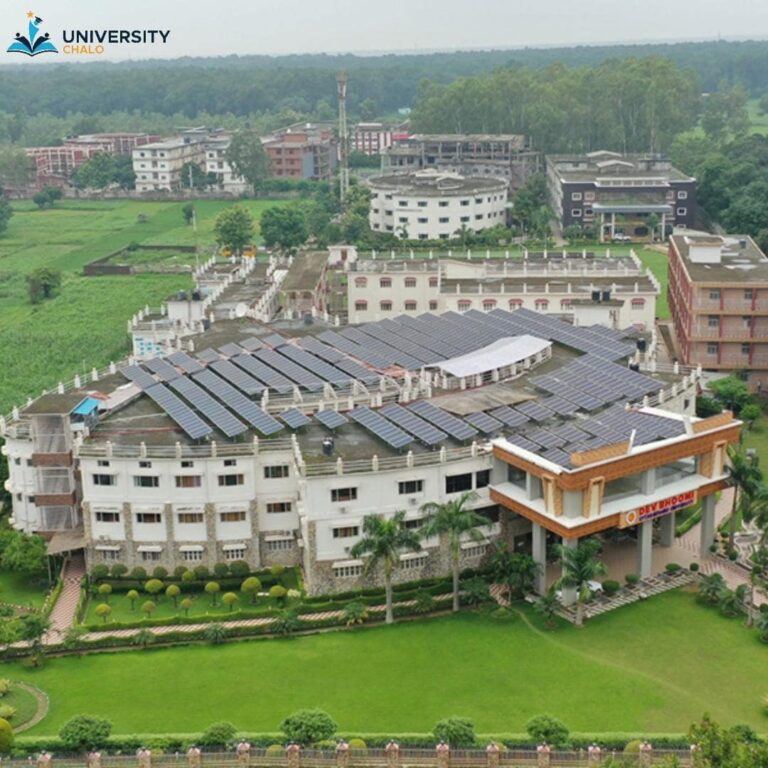Introduction
The higher education sector in India is undergoing a significant transformation, driven by rapid technological advancements, changing economic landscapes, and evolving societal needs. As one of the largest education systems in the world, India faces unique challenges but also holds immense potential for growth and innovation. This article delves into the current state of higher education in India, examining the challenges and opportunities that lie ahead, and highlighting the role of private institutions like Dev Bhoomi Uttarakhand University in shaping the future of education. We will also discuss the importance of platforms like Universitychalo in guiding students through this complex educational landscape.
The Evolution of Higher Education in India
Historical Context
India has a long and rich tradition of higher education, with institutions like Nalanda and Takshashila serving as global centers of learning in ancient times. However, the modern education system, established during the British colonial period, was primarily designed to produce a bureaucratic workforce rather than to foster innovation or critical thinking. This legacy has persisted, with the system continuing to emphasize rote learning and standardized testing over creativity and practical skills.
Post-Independence Expansion
After gaining independence in 1947, India saw a rapid expansion of its higher education system. The government established numerous universities and colleges across the country, aiming to provide accessible education to a growing population. The focus was on creating a highly educated workforce that could drive economic growth. However, this expansion often came at the expense of quality, leading to significant disparities in educational standards across institutions.
The Growth of Private Institutions
In recent decades, the Indian higher education landscape has seen a surge in private institutions. These institutions have played a crucial role in addressing the demand-supply gap in education, offering a wide range of programs and often providing better infrastructure and faculty than their public counterparts. Private universities are also more responsive to market demands, frequently updating their curricula to align with industry needs.
Key Challenges Facing Higher Education in India
Quality of Education
One of the most pressing challenges in Indian higher education is maintaining the quality of education across a rapidly expanding system. While some institutions, such as the Indian Institutes of Technology (IITs) and Indian Institutes of Management (IIMs), are globally recognized for their excellence, many others struggle with outdated curricula, inadequate faculty, and insufficient infrastructure.
- Curriculum and Pedagogy: The traditional emphasis on theoretical knowledge over practical skills has left many graduates ill-prepared for the workforce. There is a growing need to revamp curricula to include more experiential learning opportunities, such as internships, project-based learning, and industry collaborations.
- Faculty Shortage: The shortage of qualified faculty members is another significant issue. Many institutions rely on part-time or visiting faculty, which can negatively impact the quality of education. Additionally, the focus on research in premier institutions has sometimes overshadowed the importance of teaching, leading to a lack of attention to pedagogy and student engagement.
Access and Equity
While the expansion of higher education has increased access, significant disparities remain in terms of who benefits from this growth.
- Regional Disparities: Urban areas, particularly in states like Maharashtra, Tamil Nadu, and Karnataka, have a higher concentration of quality institutions compared to rural areas and less developed states like Bihar and Jharkhand. This has led to a migration of students to metropolitan cities, exacerbating regional inequalities.
- Social and Economic Barriers: Socio-economic status continues to play a crucial role in determining access to higher education. Despite affirmative action policies, students from marginalized communities often face barriers in accessing quality education due to financial constraints, lack of resources, and social discrimination.
Employability of Graduates
A significant challenge for higher education in India is the employability of graduates. While the number of degree holders has increased, many struggle to find jobs that match their qualifications.
- Skill Gap: There is often a disconnect between the skills taught in universities and the demands of the job market. This skill gap is particularly evident in fields like engineering and management, where graduates may lack the practical skills and soft skills required by employers.
- Industry-Academia Collaboration: Enhancing collaboration between academia and industry is essential to bridge this gap. Industry participation in curriculum design, guest lectures, and internships can help align educational outcomes with market needs.
Research and Innovation
India’s contribution to global research output has been growing, but it still lags behind leading countries. This is partly due to limited funding, inadequate infrastructure, and a lack of a research-oriented culture in many universities.
- Funding and Resources: Research in India is often underfunded, with many institutions struggling to secure grants for advanced research projects. Moreover, the allocation of funds is often skewed towards a few premier institutions, leaving others with insufficient resources.
- Research Culture: Developing a research culture requires not just funding but also a shift in institutional priorities. Encouraging faculty and students to engage in research, providing adequate mentorship, and fostering collaboration with international institutions can help enhance research output.
The Role of Private Universities in Addressing Challenges
Flexibility and Innovation
Private universities, like Dev Bhoomi Uttarakhand University (DBUU), have the flexibility to introduce innovative programs and teaching methods that respond to the changing needs of students and employers.
- Interdisciplinary Programs: DBUU offers a range of interdisciplinary programs that integrate knowledge from different fields, preparing students for complex, real-world challenges. For instance, programs that combine engineering with management or computer science with humanities provide students with a holistic education that is increasingly valued in the job market.
- Modern Pedagogy: DBUU employs modern teaching methods, including flipped classrooms, blended learning, and e-learning platforms. These methods not only make learning more engaging but also cater to the diverse learning needs of students.
Industry Collaboration
DBUU has established strong ties with industries, ensuring that its programs remain relevant and that students are equipped with the skills needed to succeed in their careers.
- Curriculum Design: Industry experts are involved in the design and review of curricula, ensuring that the courses offered at DBUU are aligned with current industry standards and future trends. This collaboration helps students gain insights into the practical applications of their studies.
- Internships and Placements: DBUU’s robust placement cell works closely with companies to provide students with internship opportunities that offer hands-on experience. These internships often lead to job offers, ensuring high placement rates for DBUU graduates.
Infrastructure and Facilities
DBUU’s state-of-the-art infrastructure supports both academic and extracurricular activities, providing students with a well-rounded educational experience.
- Advanced Laboratories: The university boasts advanced laboratories that cater to various fields of study, including engineering, biotechnology, and pharmacy. These labs are equipped with the latest technology, allowing students to conduct cutting-edge research.
- Student Support Services: DBUU offers comprehensive support services, including academic counseling, career guidance, and mental health resources. These services ensure that students receive the support they need to thrive both academically and personally.
Focus on Research and Innovation
DBUU is committed to fostering a research-oriented culture, encouraging both faculty and students to engage in innovative research projects.
- Research Centers: The university has established several research centers that focus on areas such as renewable energy, artificial intelligence, and sustainable development. These centers provide a platform for interdisciplinary research and collaboration with industry and international institutions.
- Funding and Scholarships: DBUU offers research scholarships and grants to support faculty and students in their research endeavors. The university also actively seeks partnerships with industry and government agencies to secure additional funding for research projects.
Emerging Trends in Indian Higher Education
Technology-Driven Education
The integration of technology into education is reshaping the higher education landscape in India. From online learning platforms to artificial intelligence-driven educational tools, technology is making education more accessible, personalized, and effective.
- Online and Blended Learning: The rise of online learning platforms and Massive Open Online Courses (MOOCs) has democratized education, allowing students from all over the country to access courses from top universities. DBUU has embraced this trend, offering a variety of online and blended learning programs that cater to the needs of working professionals and students who cannot attend traditional classes.
- AI and Data Analytics in Education: Artificial intelligence and data analytics are being used to enhance the learning experience by providing personalized feedback, identifying learning gaps, and predicting student performance. DBUU is at the forefront of integrating AI tools into its educational platforms, offering students a more personalized and effective learning experience.
Globalization of Higher Education
The globalization of higher education is leading to increased collaboration between Indian and foreign universities. These partnerships are facilitating student exchanges, joint research projects, and the sharing of best practices.
- International Collaborations: DBUU has established several international collaborations, providing students with opportunities to study abroad, participate in exchange programs, and engage in joint research projects. These collaborations expose students to global perspectives and enhance their employability in an increasingly globalized job market.
- Cross-Cultural Competence: As Indian students increasingly pursue education abroad, universities like DBUU are incorporating cross-cultural competence into their curricula. This prepares students to work in diverse environments and equips them with the skills needed to succeed in a globalized world.
The Future of Higher Education in India
Lifelong Learning and Continuing Education
The concept of lifelong learning is becoming increasingly important in today’s fast-paced world. As industries evolve and new technologies emerge, professionals need to continuously upskill and reskill to remain competitive in the job market.
- Continuing Education Programs: Universities like DBUU are offering flexible, part-time programs that cater to the needs of working professionals. These programs allow individuals to continue their education throughout their careers, ensuring that they remain relevant and competitive in their fields.
- Micro-Credentials and Certification: Micro-credentials and certification programs are gaining popularity as they offer a quick and affordable way for individuals to acquire new skills. DBUU offers a range of certification programs in areas such as digital marketing, data science, and project management, providing students with the skills needed to succeed in today’s job market.
Conclusion
Navigating the complex landscape of higher education in India can be challenging for students and their families. With so many options available, it can be difficult to make informed decisions about which institutions and programs to choose. This is where platforms like Universitychalo come into play.
Universitychalo serves as a comprehensive guide for students, providing detailed information about universities, courses, admission processes, and career opportunities. By offering insights into institutions like Dev Bhoomi Uttarakhand University, Universitychalo helps students make informed decisions about their education and future careers. Whether you’re looking for the best engineering programs, the most innovative teaching methods, or the highest placement rates, Universitychalo is your trusted partner in finding the right path.




